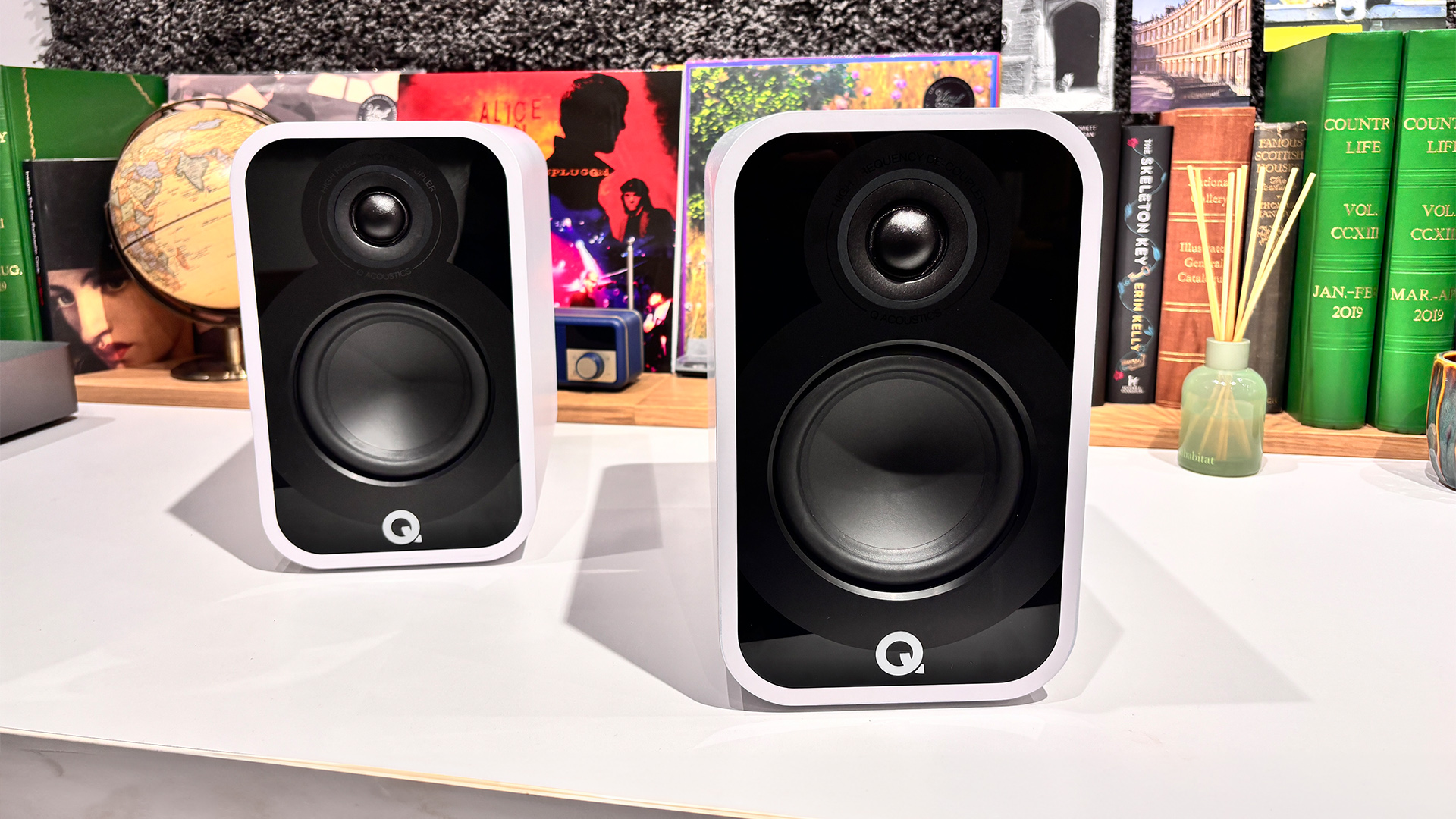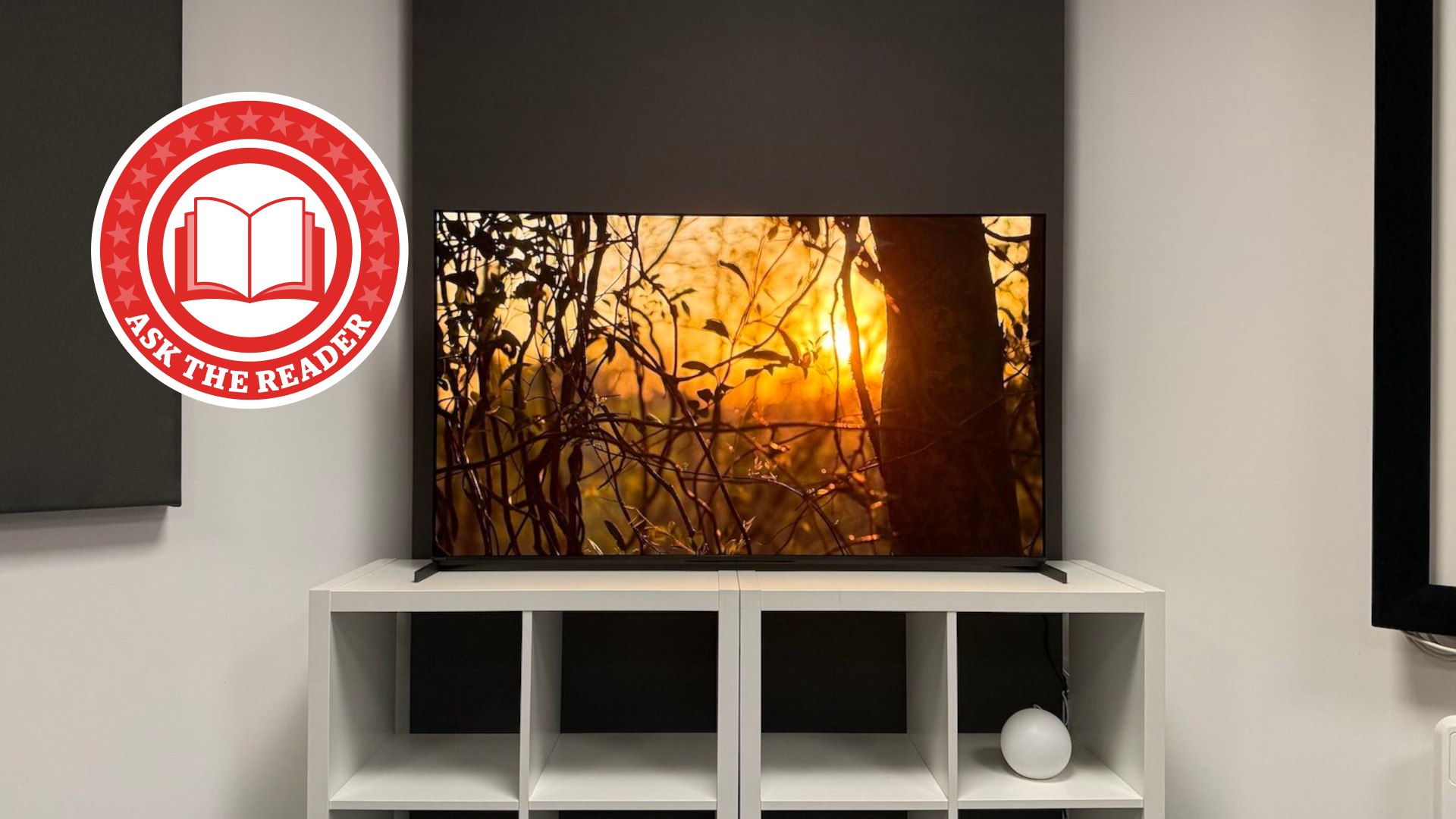Why this iconic Tom Waits song is a regular in our test rooms – and can unveil the true essence of hi-fi
Those were days of roses...

The latest hi-fi, home cinema and tech news, reviews, buying advice and deals, direct to your inbox.
You are now subscribed
Your newsletter sign-up was successful
It may have been our last edition of our monthly Now Playing test track rundown, or perhaps the edition before, where I got all misty-eyed about Tom Waits’ signature ballad Martha.
Wherever and whenever it was, I made the comparison with that scene in perennial US sitcom It’s Always Sunny In Philadelphia, in which Danny DeVito’s character Frank has a breakdown in therapy at the slightest provocation from his counsellor. “Ah, you unzipped me!” he cries. “It’s all coming back, I hate you! I don’t like it. I don’t like to think about it!”.
That, I said, was the sort of effect Martha has on me. The thing is, some songs are merely performative in how sad they are. Simon Cowell-produced ballads, for instance, pull at the heartstrings in a mechanical, rehearsed sort of way, rendering, in my opinion, Alexandra Burke’s version of Hallelujah as feeling hollow compared to more authentic renditions.
Some songs appear sad without actually being sad or, more importantly, making you feel sad. Here at What Hi-Fi?, we’re all about feelings – why do you think we keep a box of Kleenex and a few stress balls in our test rooms at all times?
Waits’ opus is a long way from the over-produced orchestral swells of Burke’s biggest (and maybe only?) hit, however.
Martha is a song that is actively difficult to listen to, especially in the wrong (or right) moments; a song that hits you so hard in the stomach that it’s in danger of bruising your diaphragm and dehydrating you via your leaking eyeballs.
You know those ‘woe is me’ songs you could pose around to in your bedroom as a teenager, pretending to be sad and depressed (before you even knew how those emotions actually felt)? Martha isn’t that.
The latest hi-fi, home cinema and tech news, reviews, buying advice and deals, direct to your inbox.

Despite having only been in his early twenties when he wrote and recorded it, Waits’ tale of an older man looking back at his life and pleading with a former lover to hear his emotional pleas is too much to bear, and when brought to life via competent equipment, it can be an unbelievably difficult, if also cathartic and beautiful, listen.
The song's emotional quality is what makes it such a valuable and reliable test track – we know exactly how it should make us feel when we listen to it. This excerpt from our recent Q Acoustics 5010 standmount speaker review encapsulates how Martha can sort a good pair of speakers from a great one:
“We’re impressed by the 5010’s rendition of Martha… yet while we may well be impressed, it’s hard to escape the feeling that our hearts aren’t breaking alongside dear old Tom’s. The track isn’t grasping us by the guts, and that’s a fault we struggle to ignore.
Why isn’t the music landing with the same emotional punch as it does through the excellent Bowers & Wilkins 607 S3 or the Dali Oberon 1? Those stellar rivals track Waits’ voice with such insight and transparency that every idiosyncrasy and quirk is revealed with forensic insight, making for a performance with genuine emotional weight”.
That’s the thing: sometimes products, whatever they may be, just get the essence of a piece of music in a way that others don’t. Martha isn’t a particularly complex song – it’s just a slightly out-of-tune piano accompanied by Waits’ surprisingly reedy voice (he hadn’t gone full chain-smoker yet), so we don’t feel obliged to get so bogged down in how well given instrumental timbres are teased out. After all, that isn't the main point of the song.
If your system is doing the trick, you probably won't be thinking about those elements anyway. Film reviewers often say that if you're thinking about the mechanics and minutiae of a great action flick while you're watching it, something's gone wrong because you're no longer absorbed by the narrative or the spectacle itself.
If you're breaking Martha down into its constituent parts, that might be indicative that there's a problem. Well, that or you're a hi-fi or music journalist. Tracking the plinky-plonky piano and the rises and falls in how Waits articulates his vocals are important, but in doing so, you're slightly failing to see the wood for the trees.
As difficult as the track can be to listen to, that's what we love so much about it. We can take a break from tracking the rise and fall of low-level dynamics or picking out those extra midrange details and just let the song and the system do their thing.
Some music makes you feel adrenalised, other music makes you feel giddy, while tracks like Martha give you that indefinable melancholy that you struggle to process. (... Or is that just me?)
Either way, if you're planning on using this iconic Waits ballad as your own test track, you'll know if your system is doing it justice – you'll be reaching for the tissues in no time.
MORE:
7 tracks we've been using in our test rooms over the past month
These are the best audiophile headphones for getting the most out of your music

Harry McKerrell is a senior staff writer at What Hi-Fi?. During his time at the publication, he has written countless news stories alongside features, advice and reviews of products ranging from floorstanding speakers and music streamers to over-ear headphones, wireless earbuds and portable DACs. He has covered launches from hi-fi and consumer tech brands, and major industry events including IFA, High End Munich and, of course, the Bristol Hi-Fi Show. When not at work he can be found playing hockey, practising the piano or trying to pet strangers' dogs.
You must confirm your public display name before commenting
Please logout and then login again, you will then be prompted to enter your display name.
